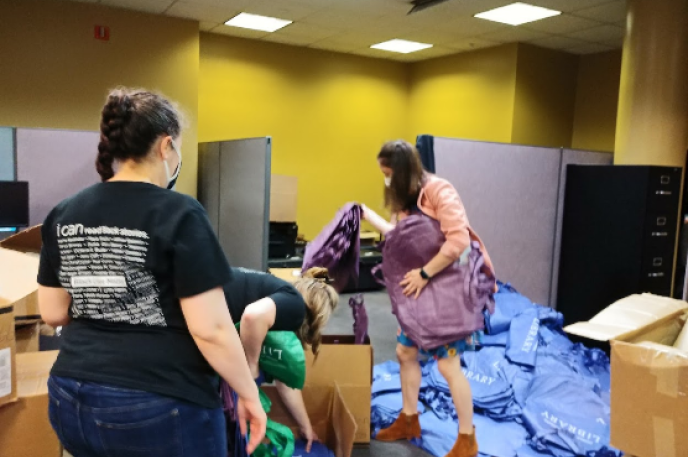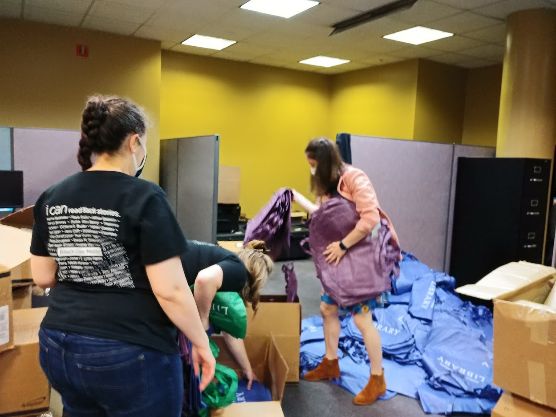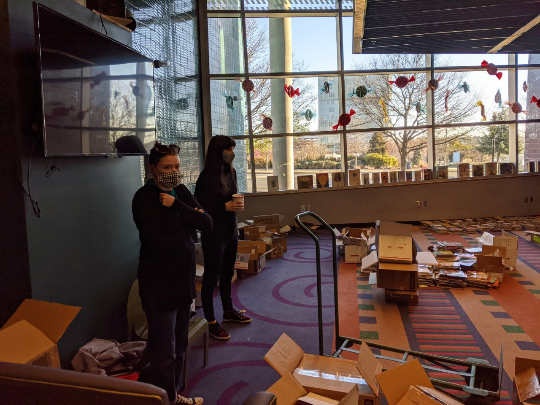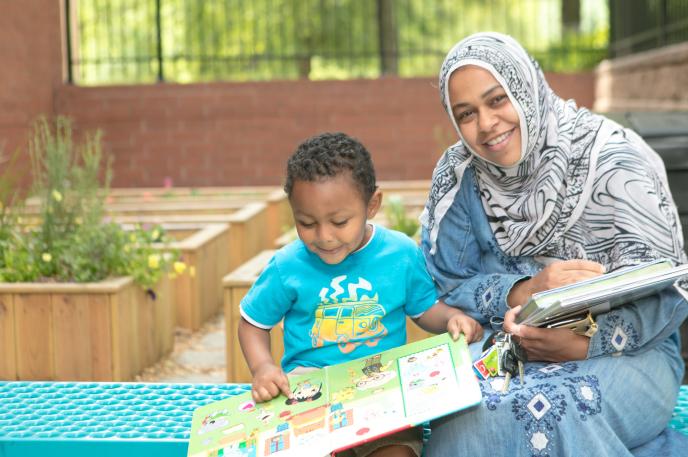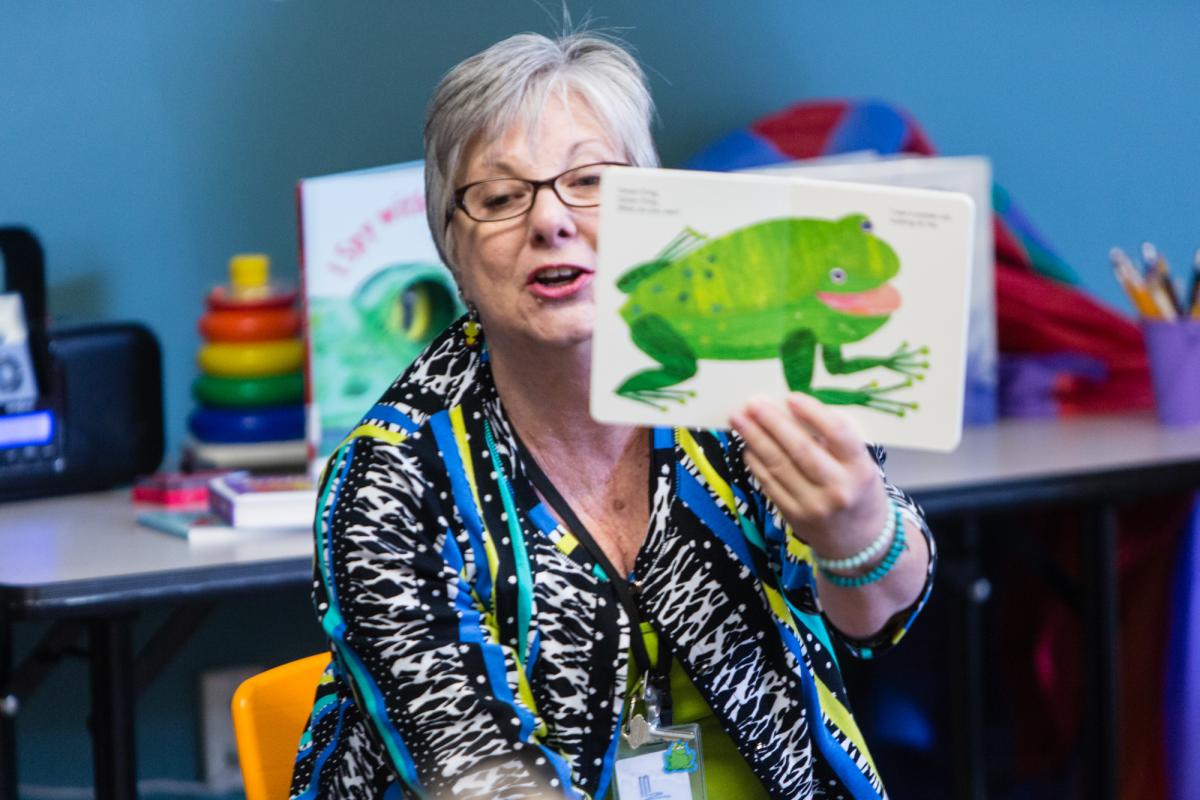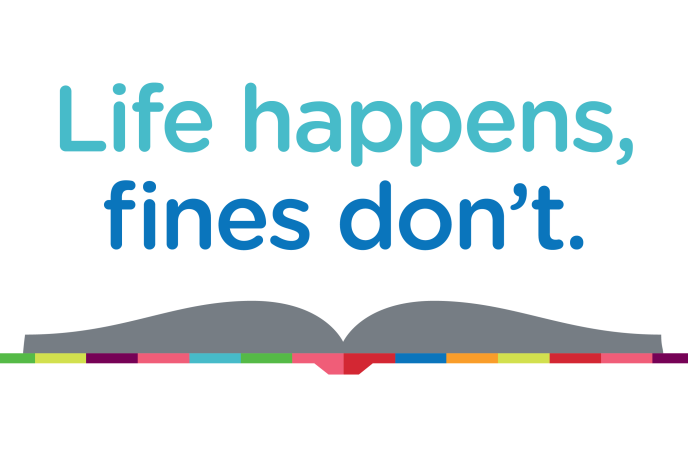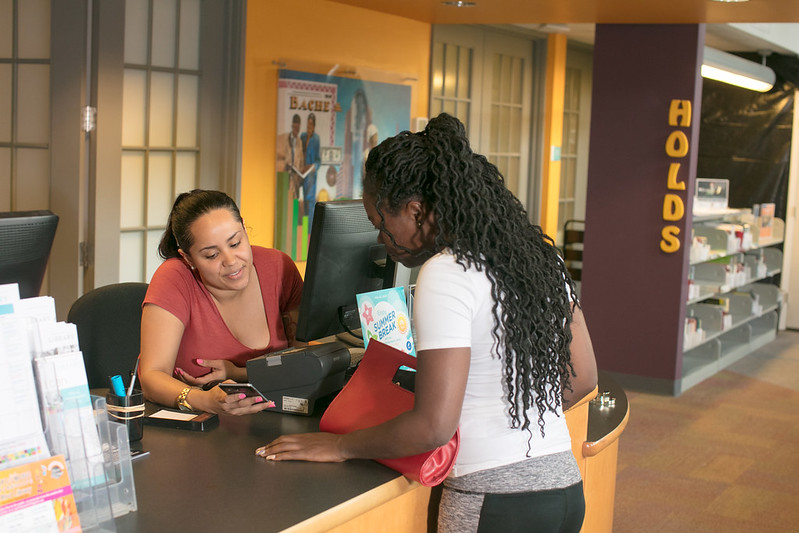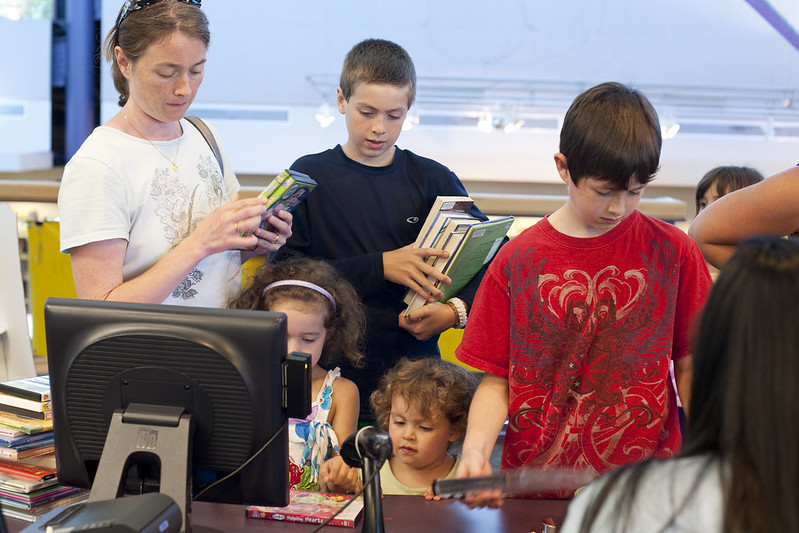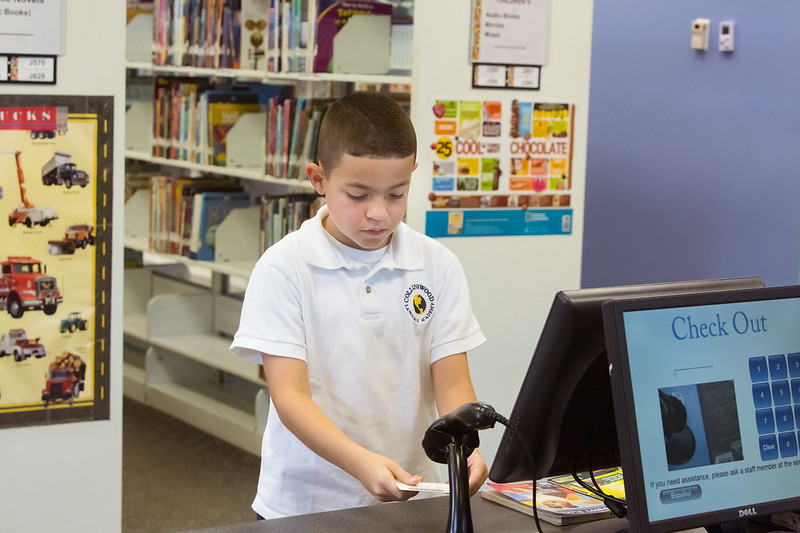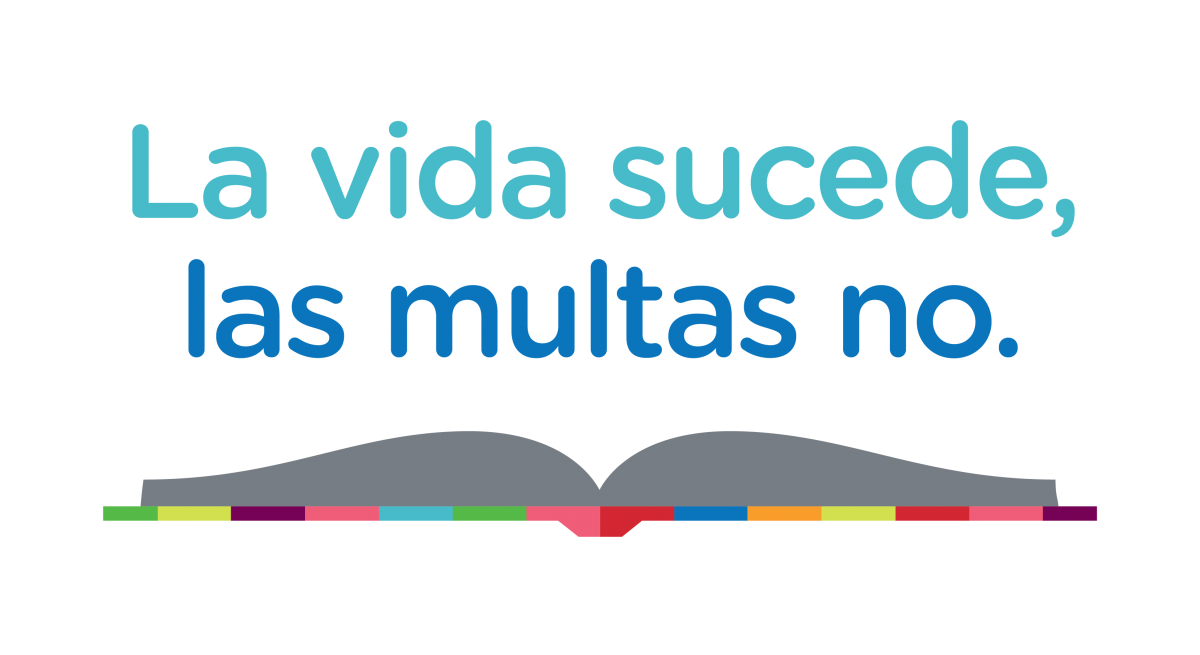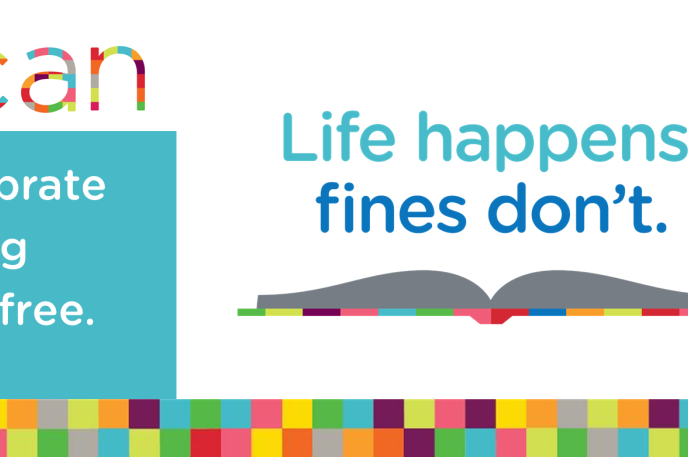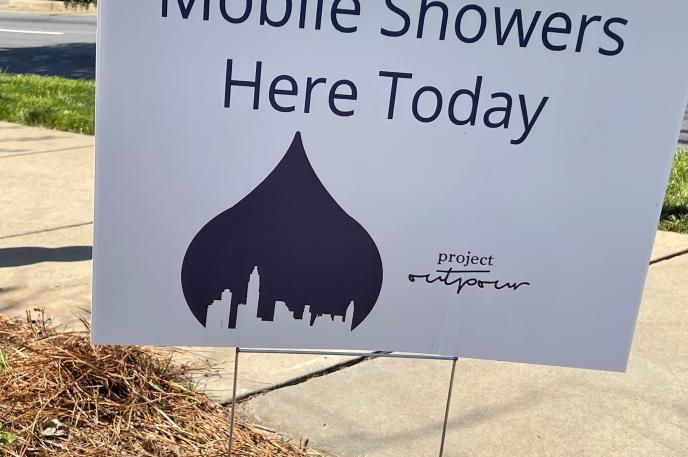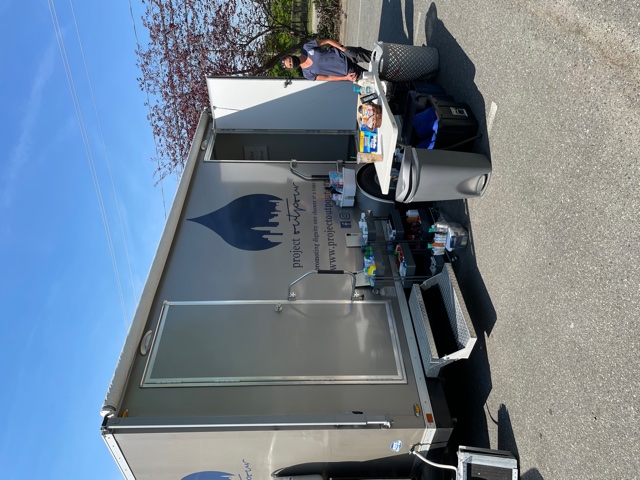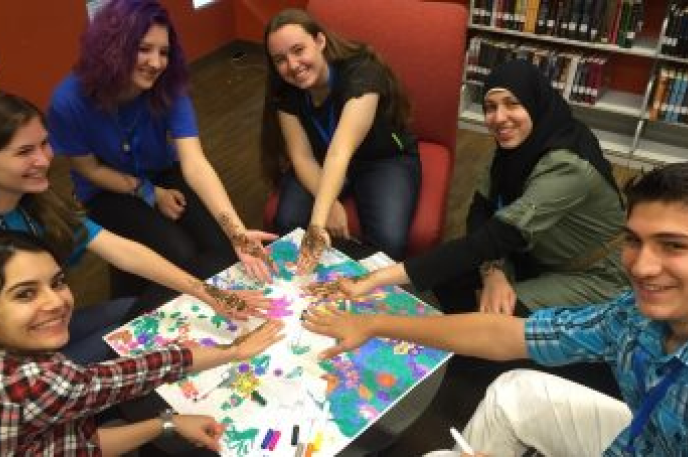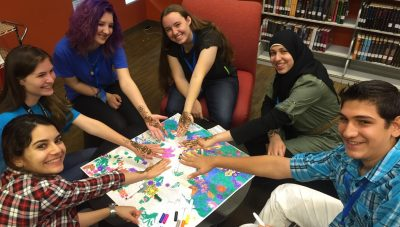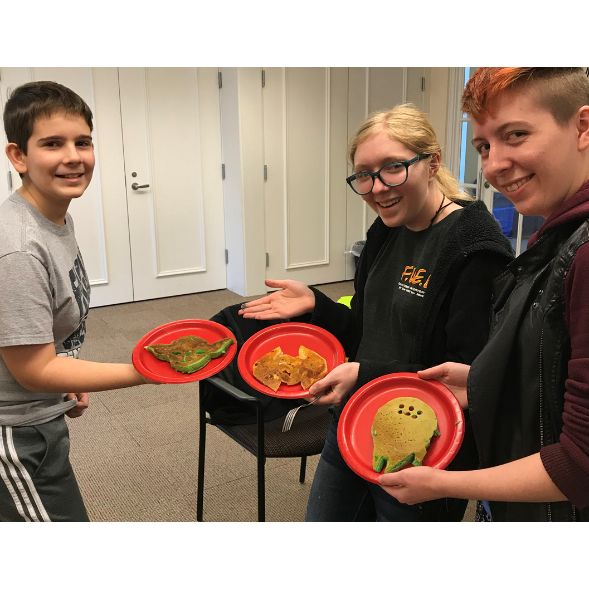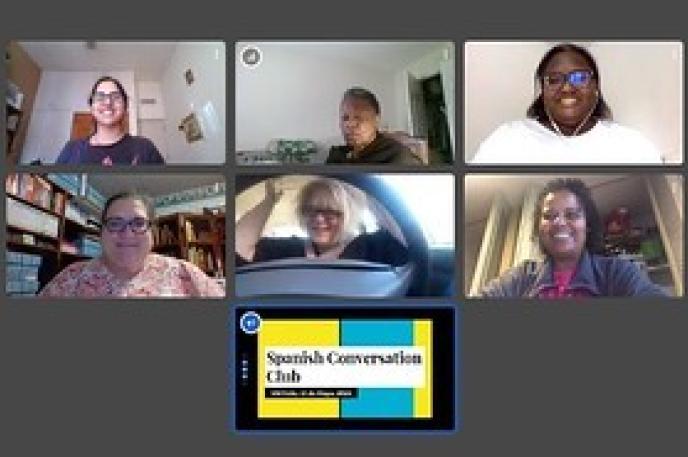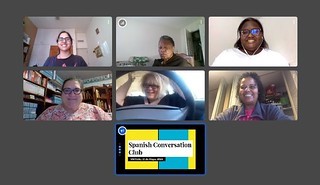This blog is reprinted from the site Reasons to Be Cheerful and is written by David Byrne, founder of Reasons to be Cheerful.
In recent years the idea of eliminating library fines has been adopted by one city after another. As a result, people, especially low-income folks, have returned books and gone back to using their local libraries.

Above is an interactive map of fine-free libraries. You can access it here.
I’m not sure who initiated this idea, but it has caught on widely. Here’s a timeline of its adoption in some major cities:
- Columbus, Ohio: January 2017
- Salt Lake City: July 2017
- Baltimore: June 2018
- Denver: January 2019
- Cleveland: July 2019
- San Francisco: September 2019
- Chicago: October 2019
- Phoenix: November 2019
- Philadelphia: February 2020
- Los Angeles: Spring 2020
- London: November 2020
I’m sure I have left out a lot of cities and towns — clearly the idea is a snowball that has gained momentum. But does it work? And does it have any negative consequences? Here are the questions that typically come up.
Why eliminate library fines?
As with lots of fines, overdue book fines discriminate based on income. For instance, in New York, of children and teens with blocked public library memberships, nearly half came from branches in “high-needs” neighborhoods. (In response, the New York Public Library wiped clean all fines for kids and teens in 2017, but it still charges fees for overdue materials.)

The main reading room at the New York Public Library. Credit: Derek D / Flickr
This suggests that folks for whom a fine is a financial burden often simply stop using the library, while wealthier folks can just return their late books and pay the penalty. Since income in the U.S. often correlates with race, this leads to a lot of BIPOC kids losing access to books, computers or even a quiet space they need to improve their situation.
So fines are as much a social justice issue as a simple economic one. Library use fosters reading, and reading and literacy leads to better health outcomes. It’s a win-win for the whole community.
And sure enough, eliminating fines works. When fines aren’t in the way, folks return their overdue books and begin using their libraries again. For instance, when the San Francisco Public Library held a six-week fine amnesty period, some 700,000 items were returned — including a book that had been taken out a century earlier — and 5,000 patrons had their memberships restored.
Aren’t fines a source of income for libraries?
They are, but for many libraries it’s a tiny percentage of their budget. In Baltimore, which got rid of fines in 2018, it was less than one-quarter of one percent of the library’s operating budget. In other cities like Denver, it’s likewise less than one percent. Can they survive without it? Yes — but there’s a sort of humorous twist here: In some cases, the money brought in from fines was often used to track and process those same fines. Eliminating the fines is therefore often a wash.
Aren’t fines an incentive for people to return their items?
It turns out, for the most part, they are not. In the ‘80s the Philadelphia library doubled its fines in the hopes of getting more books returned on time. It had zero effect on return rates but overall borrowing went down.
In fact, studies have shown that fines have almost no effect on the timely return of books — the stick does not always encourage good behavior. Fines not only don’t encourage borrowers to return books, they act as a barrier that deters folks — especially low-income folks — from using the libraries at all.
Won’t folks just steal books if there are no fines?
Siobhan Reardon, president of the Philadelphia Free Library, which eliminated fines last year, told WHYY that hasn’t been the case. Since you typically can’t check out more books until you return the ones you have, the potential for theft or hoarding is very limited.
How did this wave of policy changes happen so quickly?
In many places it was more gradual than it appears. Eliminating ALL fines makes the news, but many libraries were already chipping away at them incrementally. Cleveland eliminated fines for seniors way back in 1977, for children the following year, for disabled folks in 1992 and for teens in 2001. So for some libraries eliminating all fines was simply the final step in a long process during which they could monitor the effects along the way.
What are the effects?
A number of library systems have seen patronage rise as overdue books are returned and outstanding fines are forgiven. In Chicago, for instance, the number of returned overdue books jumped from 900 a month to 1,650, and 11,000 of the folks returning them renewed or replaced their library cards. Now, more books in Chicago are being checked out overall — circulation has increased by seven percent from before fines were cut.
The pandemic put a serious dent in that trend, as libraries had to close, but now folks are checking out more e-books instead. If e-books are the future, we may soon see a day when library fines cease to exist altogether, since you don’t return an e-book to the library — it simply vanishes from your device when the borrowing period expires.
Cleveland Public Library Executive Director Felton Thomas Jr. explained the movement to eliminate fines in a quote I think sums it up nicely: “We want to remove barriers, not block people from accessing the library. We want to connect people to knowledge and ideas, not stand in the way. This important step will help us do our everyday work of fostering learning experiences — sparking curiosity, making connections, and building skills every day for all Greater Clevelanders.”
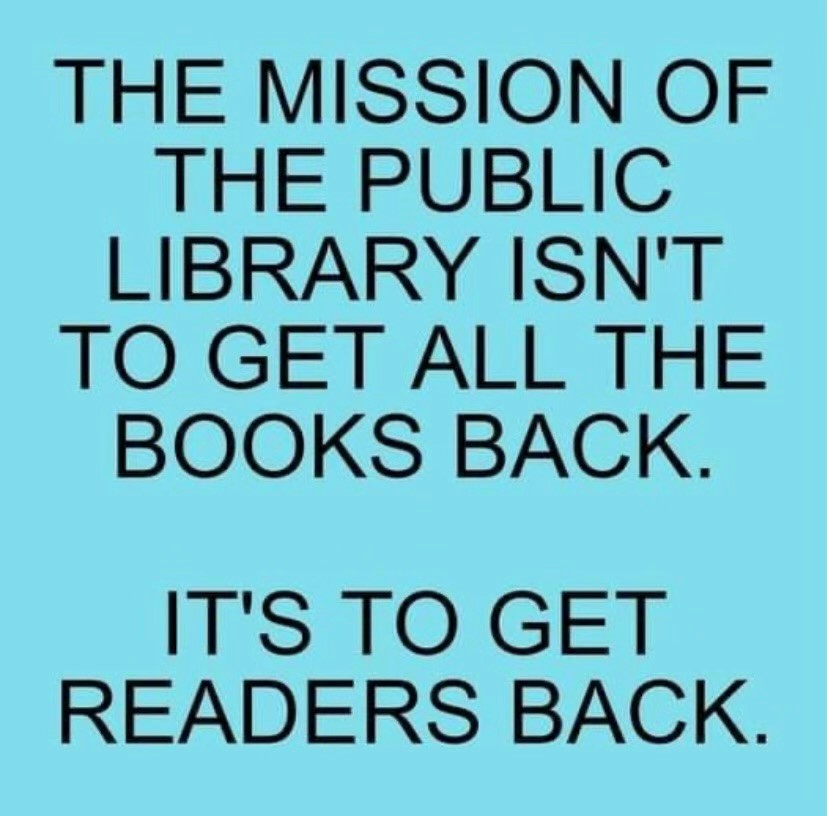

David Byrne is the founder of Reasons to be Cheerful
Este blog es una reproducción del sitio Reasons to be Cheerful (Razones para estar alegre) y fue escrito por David Byrne, fundador de Reasons to be Cheerful.
Durante los últimos años, varias ciudades, una tras otra, han implementado la idea de eliminar las multas en las bibliotecas. Como resultado, las personas, especialmente las de bajos ingresos, han devuelto los libros y regresado a sus bibliotecas locales.

Arriba, un mapa interactivo de las bibliotecas sin multas. Puede acceder a él aquí.
No sé a quién se le ocurrió la idea por primera vez, pero ha tenido amplia aceptación. Esta línea de tiempo detalla la implementación en algunas de las principales ciudades:
- Columbus, Ohio: enero de 2017
- Salt Lake City: julio de 2017
- Baltimore: junio de 2018
- Denver: enero de 2019
- Cleveland: julio de 2019
- San Francisco: septiembre de 2019
- Chicago: octubre de 2019
- Phoenix: noviembre de 2019
- Filadelfia: febrero de 2020
- Los Ángeles: primavera de 2020
- London: noviembre de 2020
Seguramente, quedaron fuera muchas ciudades y pueblos, pero, aun así, se ve clara la idea de una bola de nieve que va ganando impulso. Sin embargo, ¿funciona realmente? ¿Y tiene alguna consecuencia negativa? Estas son las preguntas que suelen surgir.
¿Por qué eliminar las multas de la biblioteca?
Al igual que con muchas otras multas, las multas por tardanza en la devolución de libros discriminan con base en los ingresos. Por ejemplo, en Nueva York, casi la mitad de todos los niños y adolescentes que tienen membresías en bibliotecas públicas que han sido bloqueadas vienen de bibliotecas que están en vecindarios “vulnerables”. (En respuesta a esto, la biblioteca pública de Nueva York anuló las multas de todos los niños y adolescentes en 2017, pero sigue cobrando tarifas por los artículos atrasados).

Sala principal de lectura de la biblioteca pública de Nueva York. Créditos: Derek D / Flickr
Esto sugiere que las personas para quienes una multa es una carga económica suelen dejar de concurrir a la biblioteca, mientras que las personas más adineradas pueden simplemente devolver los libros atrasados y pagar la multa. Dado que, en los Estados Unidos, el salario suele estar relacionado con la raza, esto conduce a que los niños de poblaciones afrodescendientes e indígenas pierdan el acceso a libros, computadoras o, incluso, al lugar tranquilo que necesitan para mejorar su situación.
Es por esto que las multas son también un asunto de justicia social, no solo de economía. El uso de la biblioteca fomenta la lectura, y la lectura y la alfabetización conducen a mejores resultados de salud. Es una situación en la que se beneficia toda la comunidad.
En efecto, eliminar las multas funciona. Cuando no hay multas en el camino, la gente devuelve sus libros atrasados y regresan a usar la biblioteca. Por ejemplo, cuando la biblioteca pública de San Francisco implementó un periodo de amnistía y dejó de cobrar multas durante seis semanas, se devolvieron unos 700,000 artículos, incluido un libro que había sido retirado el siglo pasado, y se les devolvió la membresía a 5,000 usuarios.
¿No son las multas una fuente de ingresos para la biblioteca?
Lo son, pero, en el caso de muchas bibliotecas, representan un porcentaje mínimo de sus presupuestos. En Baltimore, que eliminó las multas en 2018, representaban menos del 0.25 % del presupuesto operativo de la biblioteca. En otras ciudades, como Denver, también representan menos del 1 %. ¿Pueden sobrevivir sin ellas? Sí..., pero aquí hay una especie de giro humorístico: En algunos casos, el dinero de las multas se usaba para rastrear y procesar esas mismas multas. Eliminar las multas, por lo tanto, suele ser un empate.
¿Las multas no son un incentivo para que la gente devuelva los artículos?
Resulta que, por lo general, no lo son. En la década de los 80, la biblioteca de Filadelfia duplicó las multas con la esperanza de que devolvieran más libros a tiempo. Tuvo cero efecto en la tasa de devoluciones, pero bajaron los préstamos en general.
De hecho, algunos estudios han demostrado que las multas casi no tienen ningún efecto en la devolución en fecha de los libros: los castigos no siempre fomentan el buen comportamiento. No se trata solo de que las multas no incentivan a los usuarios a devolver los libros, sino que, más bien, actúan como una barrera que disuade a la gente (especialmente, a la de bajos ingresos) de usar las bibliotecas.
¿Las personas no van a robarse los libros si no hay más multas?
Siobhan Reardon, presidente de la biblioteca pública de Filadelfia, que eliminó las multas el año pasado, explicó POR QUÉ no ha sucedido eso. Como, por lo general, no puedes retirar más libros hasta que devuelvas los que ya tienes, la posibilidad de robo o acaparamiento es muy limitada.
¿Cómo fue que se dio tan rápidamente esta ola de cambios en las políticas?
En muchos lugares, sucedió más gradualmente de lo que parece. Eliminar TODAS las multas sería material para los titulares, pero muchas bibliotecas ya habían empezado a eliminarlas de a poco, de forma progresiva. Cleveland eliminó las multas para las personas mayores en 1977; para los niños, al año siguiente; para las personas con discapacidades, en 1992; y para los adolescentes, en 2001. Para algunas bibliotecas, eliminar todas las multas fue el paso final de un largo proceso que les permitió monitorear los resultados sobre la marcha.
¿Cuáles son las consecuencias?
El patrocinio de varios sistemas de bibliotecas fue en aumento a medida que los libros eran devueltos y las multas pendientes, perdonadas. En Chicago, por ejemplo, la cantidad de devoluciones de libros vencidos saltó de 900 al mes a 1,650, y de las personas que los devolvieron, 11,000 renovaron o reemplazaron sus tarjetas de biblioteca. Ahora, en Chicago, se retiran más libros en total: la circulación aumentó un 7 % con respecto al periodo anterior a la eliminación de las multas.
La pandemia hizo mella en esa tendencia, ya que las bibliotecas tuvieron que cerrar, pero ahora la gente está retirando más libros electrónicos. Si los libros electrónicos son el futuro, es posible que llegue el día en que las multas dejen de existir por completo, puesto que los libros electrónicos no se devuelven a la biblioteca, sino que, simplemente, desaparecen del dispositivo al concluir el periodo de préstamo.
El director ejecutivo de la biblioteca pública de Cleveland, Felton Thomas Jr., explicó esta tendencia a eliminar las multas en una cita que creo que lo resume muy bien: “Queremos eliminar las barreras, no impedir que la gente acceda a la biblioteca. Queremos conectar a las personas con el conocimiento y las ideas, no interponernos en su camino. Este paso tan importante nos facilitará nuestro trabajo diario de fomentar las experiencias de aprendizaje: despertar la curiosidad, conectarnos y desarrollar las habilidades de los habitantes de Cleveland todos los días”.


David Byrne es el fundador de Reasons to be Cheerful
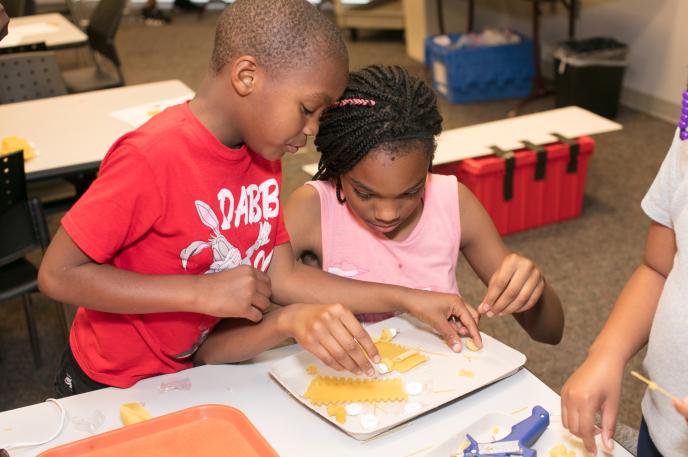
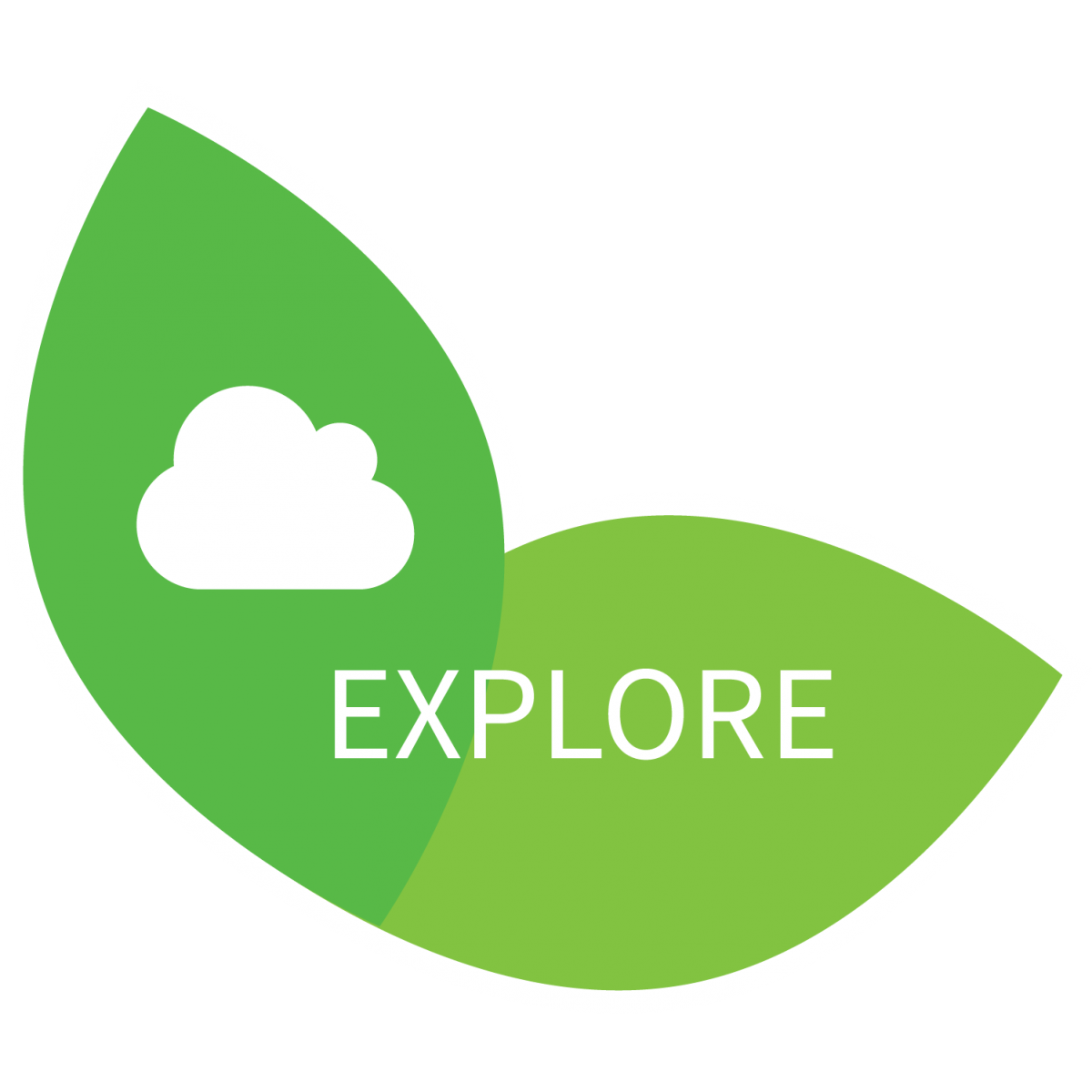
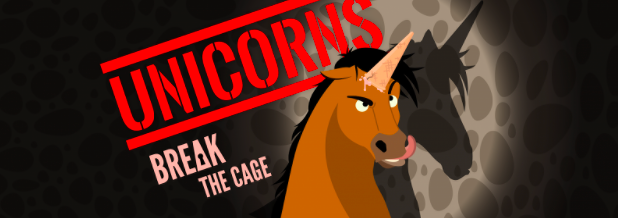



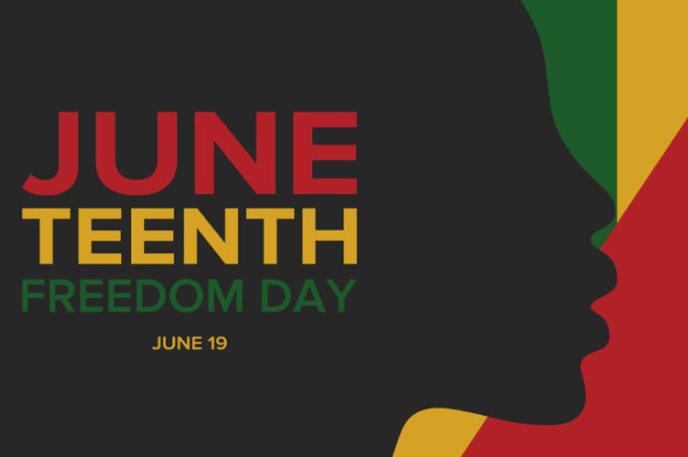
 Cultivators and curators of art, folklore, literature, music, food, fashion, policy, agriculture, science, technology, medicine, sports and more, African Americans have contributed to American culture for many centuries. Juneteenth celebrations focused on that! As mentioned on
Cultivators and curators of art, folklore, literature, music, food, fashion, policy, agriculture, science, technology, medicine, sports and more, African Americans have contributed to American culture for many centuries. Juneteenth celebrations focused on that! As mentioned on 